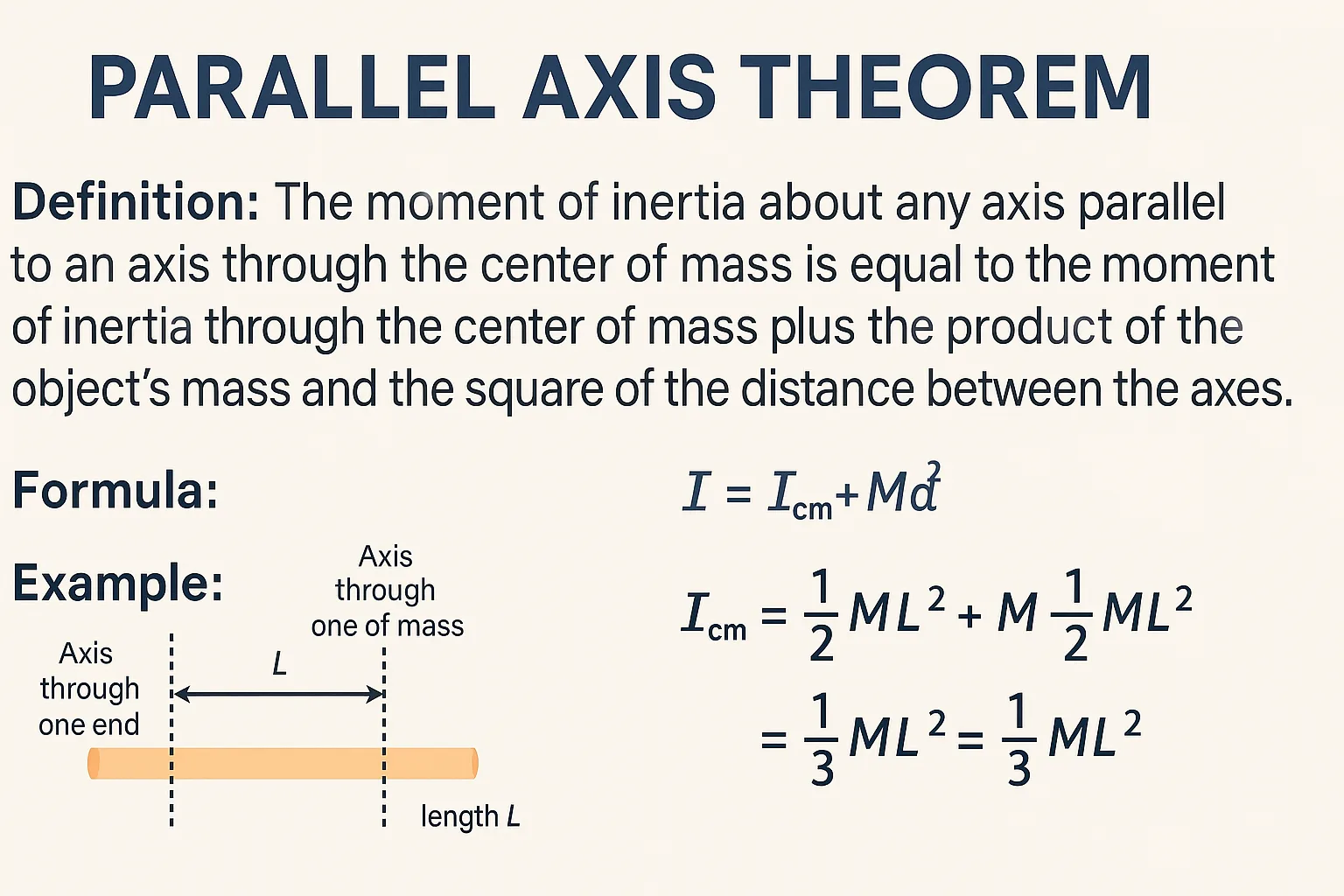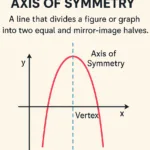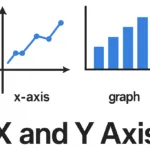Abstract
🔊 US Loading... 🔊 UK Loading...The word “abstract” is a versatile term that can function as a noun, adjective, or verb, depending on the context. It is commonly used in fields like art, philosophy, literature, and science to describe concepts, ideas, or qualities that exist in thought but lack physical representation. Below is an in-depth exploration of its meanings, definitions, and usage.
Definition of “Abstract”
- As an Adjective:
- Meaning 1: Existing in thought or as an idea but not having a physical or concrete existence.
- Example: Love and justice are abstract concepts.
- Meaning 2: Relating to art that does not attempt to represent external reality but uses shapes, colors, and forms to achieve its effect.
- Example: The gallery features a collection of abstract paintings.
- Meaning 3: Difficult to understand; theoretical rather than practical.
- Example: His explanation was too abstract for the audience to grasp.
- As a Noun:
- Meaning 1: A summary or brief statement of the main points of a text, research paper, or speech.
- Example: The abstract of the research paper provides a concise overview.
- Meaning 2: An abstract work of art.
- Example: The museum’s new exhibit includes several notable abstracts.
- As a Verb:
- Meaning 1: To extract or remove something.
- Example: The scientist abstracted key data from the results.
- Meaning 2: To summarize or condense information.
- Example: She abstracted the lengthy report into a two-page document.
- Meaning 3: To consider something theoretically or separately from its context.
- Example: The philosopher abstracted the idea from its cultural setting.
Detailed Meanings and Uses of “Abstract”
1. As an Adjective
- Refers to ideas or concepts that are not tangible or concrete.
- Example: Freedom is an abstract idea that varies across cultures.
- Describes art that emphasizes form, color, and texture over realistic representation.
- Example: The abstract sculpture drew mixed reactions from the audience.
- Indicates something that is intellectual or theoretical.
- Example: The professor’s lecture focused on abstract principles of mathematics.
2. As a Noun
- A concise summary of a larger work, often used in academic or professional settings.
- Example: Read the abstract before diving into the full research article.
- A piece of abstract art.
- Example: The gallery showcased an abstract by a renowned modern artist.
3. As a Verb
- The act of extracting or separating essential elements.
- Example: She abstracted the key points from the book for her presentation.
- The process of summarizing complex information.
- Example: The report was abstracted into a brief overview for stakeholders.
- Considering ideas in isolation from their practical application.
- Example: He abstracted morality from religious doctrine in his essay.
Synonyms for “Abstract”
- As an Adjective: Theoretical, conceptual, intangible, nonrepresentational.
- As a Noun: Summary, synopsis, précis, overview.
- As a Verb: Extract, condense, summarize, isolate.
Antonyms for “Abstract”
- As an Adjective: Concrete, tangible, practical, specific.
- As a Noun: Detailed explanation, full text.
- As a Verb: Elaborate, expand, include.
Examples of “Abstract” in Sentences
- As an Adjective:
- His ideas were too abstract for the audience to understand easily.
- The artist is famous for her abstract representations of human emotions.
- As a Noun:
- The abstract of the thesis provided a clear summary of the research findings.
- Modern art galleries often feature striking abstracts that provoke thought.
- As a Verb:
- The researcher abstracted relevant data from the raw results.
- He abstracted the essence of the debate into a concise paragraph.
Common Phrases and Idioms Using “Abstract”
- Abstract thinking:
- Meaning: The ability to think about concepts and ideas that are not directly tied to physical objects or experiences.
- Example: Abstract thinking is crucial for solving complex problems.
- In the abstract:
- Meaning: Considering something theoretically or as a general idea, without reference to specifics.
- Example: The proposal sounds good in the abstract, but practical implementation may be challenging.
- Abstract art:
- Meaning: A style of art that prioritizes shapes, colors, and forms over realistic representation.
- Example: Abstract art allows viewers to interpret the work in their own way.
Differences Between “Abstract” and Related Words
- Abstract vs. Concrete:
- Abstract refers to intangible or theoretical concepts, while concrete relates to physical, tangible objects or specific examples.
- Example (Abstract): Truth is an abstract concept.
- Example (Concrete): A brick is a concrete object.
- Abstract vs. Summary:
- An abstract is a concise overview of a larger work, while a summary may include additional details or explanations.
- Example (Abstract): The abstract highlights the purpose and conclusions of the research.
- Example (Summary): The summary provides a detailed breakdown of the book’s plot.
- Abstract vs. Theoretical:
- Both refer to non-concrete ideas, but abstract often emphasizes intangibility, while theoretical focuses on ideas that may have practical implications.
- Example (Abstract): Justice is an abstract ideal.
- Example (Theoretical): Theoretical physics explores concepts that may not yet be proven.
Applications of “Abstract” in Various Fields
- Art:
- Describes a style of art that prioritizes shapes, colors, and nonrepresentational forms.
- Example: Abstract expressionism is a major movement in modern art.
- Academia:
- Refers to summaries of research papers or studies that provide an overview of the main findings and purpose.
- Example: The abstract is often the first section of a scholarly article.
- Philosophy:
- Deals with intangible concepts like morality, existence, or truth.
- Example: Philosophers often grapple with abstract questions about human nature.
- Science and Mathematics:
- Used to describe theoretical or intangible concepts.
- Example: Abstract algebra studies mathematical structures like groups and rings.
- Everyday Usage:
- Refers to general ideas or theoretical discussions rather than specific details.
- Example: Their argument was too abstract to apply to real-world situations.
Final words
The word “abstract” is a multifaceted term that enriches communication by describing ideas, art, and summaries that exist beyond the physical or literal. Whether used as an adjective, noun, or verb, it emphasizes the importance of understanding concepts, summarizing ideas, and appreciating nonrepresentational art. Its versatility makes it essential for academic, creative, and everyday contexts.
Relative words of ‘A’
| S.No | Words |
|---|---|
| 1 | A |
| 2 | Able |
| 3 | Ability |
| 4 | About |
| 5 | Above |
| 6 | Absence |
| 7 | Abroad |
| 8 | Absolute |
| 9 | Absent |
| 10 | Abstract |
| 11 | Abuse |
| 12 | Angry |
| 13 | Access |
| 14 | Annoy |
| 15 | Acceptable |
| 16 | Acceptance |
| 17 | Accede |
| 18 | Accept |
| 19 | Abusive |
| 20 | Academic |
| 21 | Approve |
Additional Insights

Parallel Axis Theorem – Definition, Formula, Derivation & Applications

Axis of Symmetry: Definition, Equation, and Real-Life Applications

X and Y Axis: Definitions, Graphs and Examples
Coconut Spanish Translation

Cashew Spanish Translation
Axis Definition and Meaning

Walnut in Spanish Translation

Almond in Spanish – Translation and Meaning
